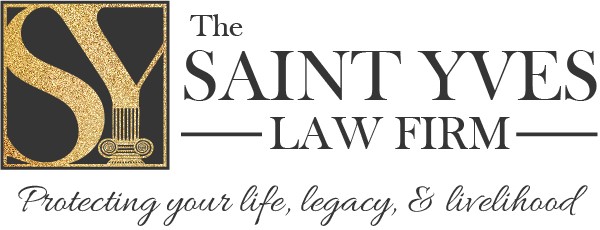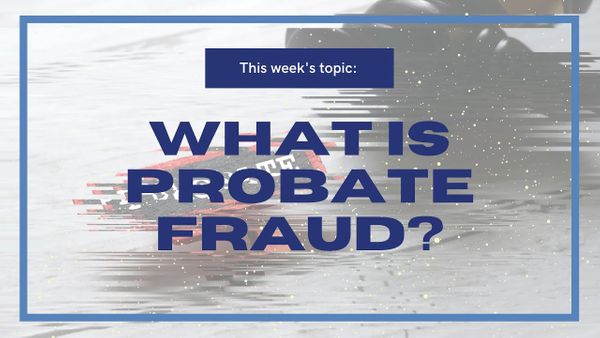Updated: Oct 18, 2021
Let’s start with the purpose of probate and why is it necessary to go to court to get probate documents when a person dies. The probate process begins when a person passes away. Next if there is a will or not, the estate needs to be probated to allow someone to take over the administration of the deceased person’s estate. This will constitute dividing out the assets, distributing them to the heirs and even can include the paying off of creditors. If there is not a will then the probate court will name an administrator to the estate of the decedent.
If there is a will, then the will is reviewed at court with the deceased person’s formal death certificate. The will is verified for its authenticity, and if in order, the administrator pays any fees and receives the document stating he or she is responsible for administering the estate.
When Does Fraud Become an Issue in the Probate Process?
Fraud is an issue whenever there is deceit in the process of probating the estate. For example, if the will was submitted and it was fraudulent, this is an example of probate fraud. Additionally, if someone tries to destroy a will, this is an example of probate fraud. Probate fraud is rare, but does happen. Generally, if a person has a will and the will is valid, the wishes of the decedent are outlined in the will and the administrator will follow those wishes. In the unusual case that there is an issue with a will, there may be the suspicion of probate fraud.
Undue Influence and Probate Fraud
There can also be the case of possible probate fraud if someone perpetuates undue influence over the person’s assets, estate or changes the designation of who will be the beneficiary of someone who is near death, has a terminal illness or who is elderly. For example, it is possible that a person may decide to disinherit a relative from an estate. You have seen in the movies where a family gathers to read a will, and there is someone who is noted as receiving nothing in the will, to the tune of: “And to my lazy nephew, I give $1.00, to show him the value of getting a job!” Although these extreme instances are rare, they can happen.
How Will I Know Probate Fraud When I See It?
What makes the case for probate fraud is where a family will expect certain distribution of assets, but there is a marked disagreement as to how the assets are assigned, based on an undue or unusual influence of someone else in the person’s life. A good example is if a person dies and leaves everything in the estate to a non-family member caregiver, or a neighbor, or to a random person who only knew the decedent a few weeks. This is an extreme example, which will alert the probate court to dig deeper to understand the motivation to disinherit direct line family members over someone the person did not know well at all.
If you have any questions regarding possible probate fraud, just give us a call at the Saint Yves Law firm. We are here for you and will explain any legal recourse to you regarding your case.


